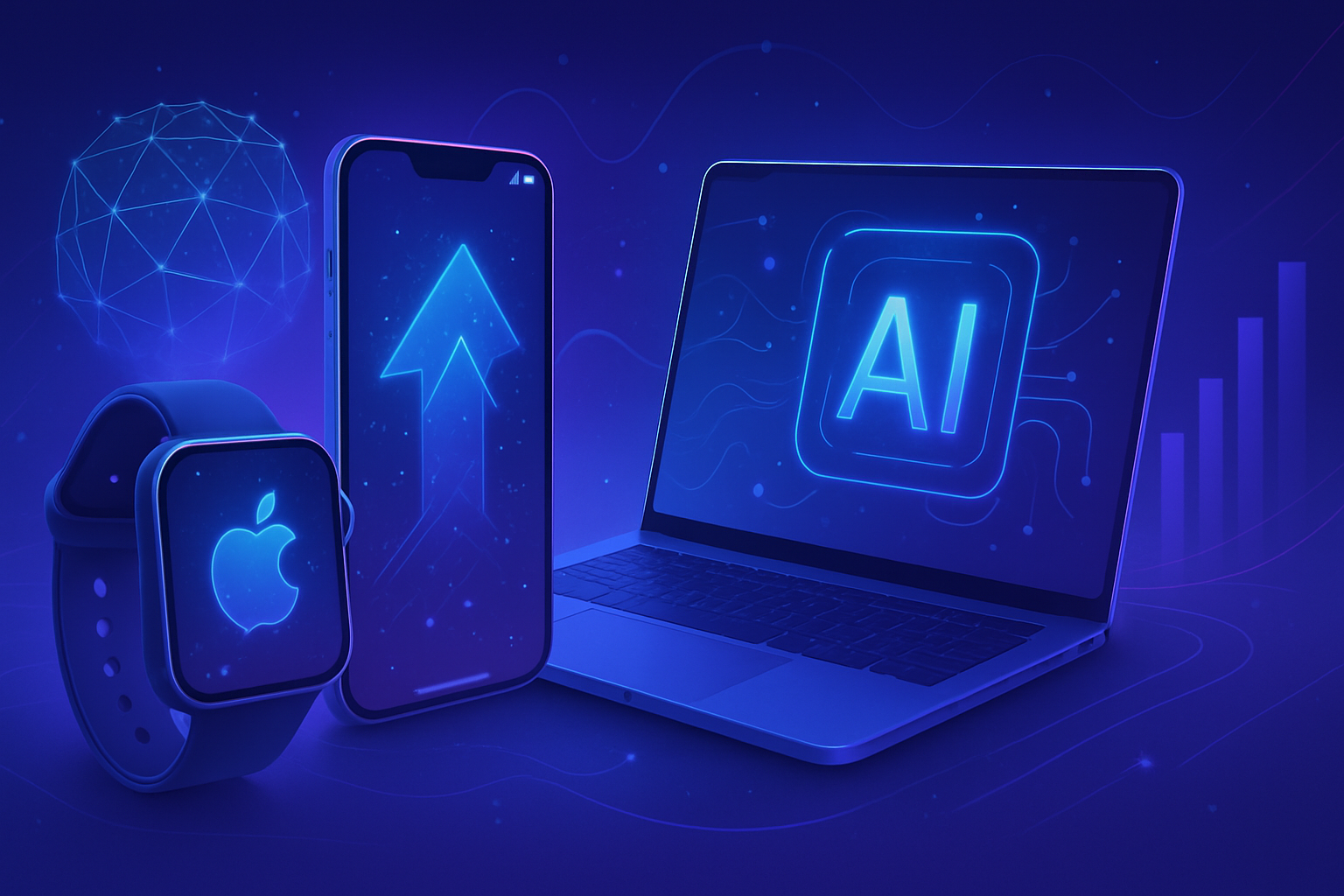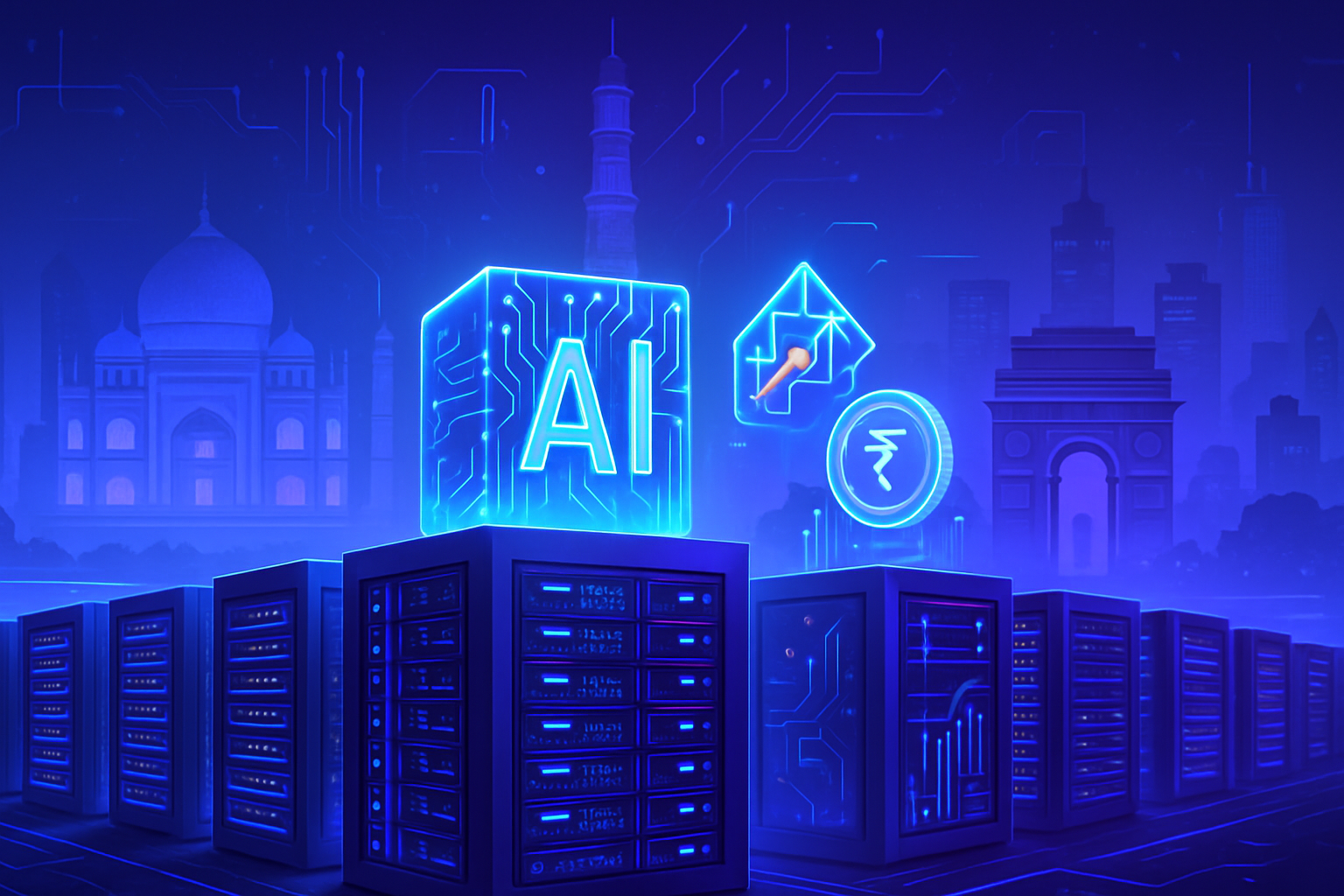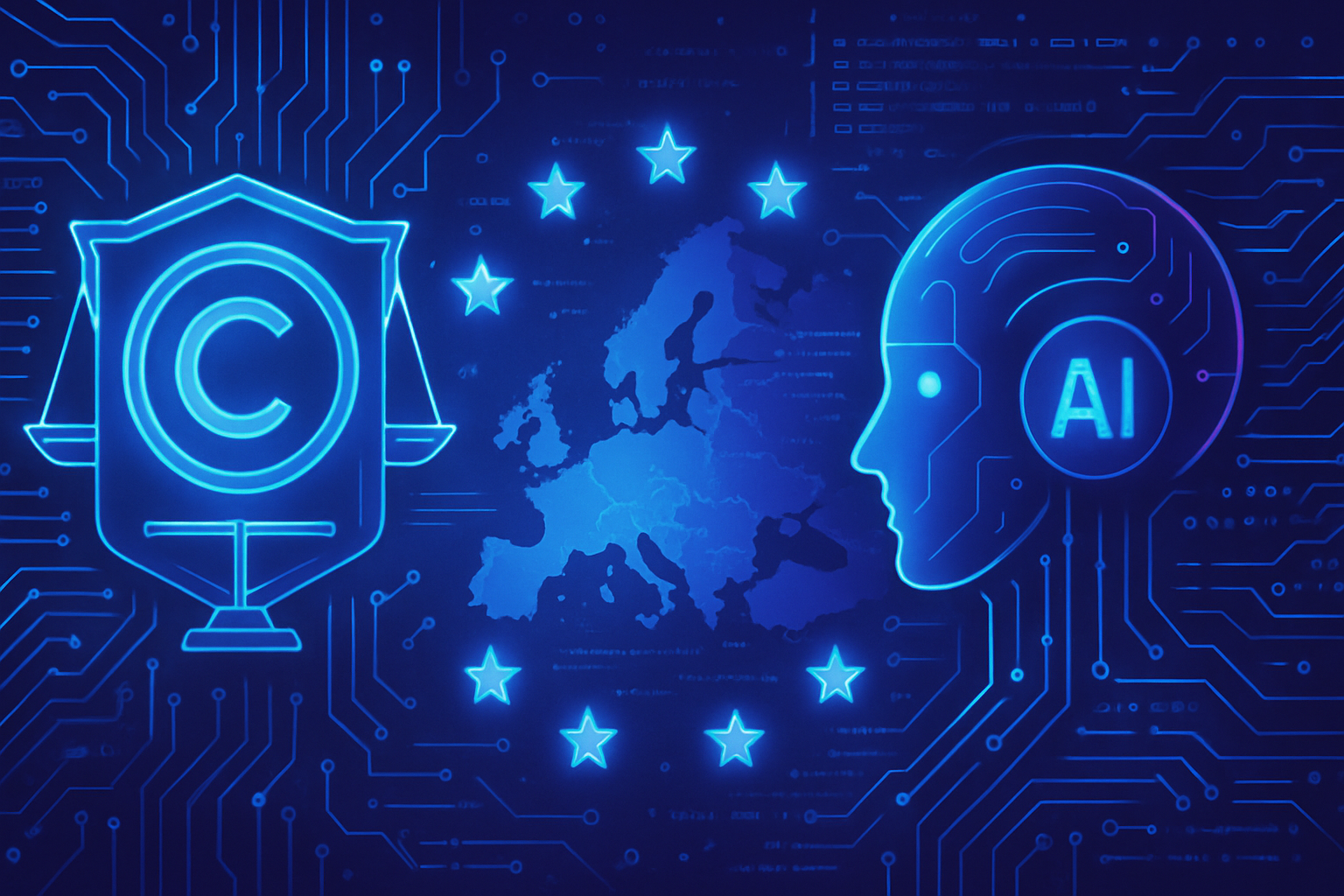Apple, a technology titan, operates at the intersection of innovation and rivalry. The recent significant loss of specialized engineers in artificial intelligence highlights critical challenges for the company’s future. The competition to attract the best talent is fierce. Companies such as Meta and OpenAI are achieving decisive victories, capturing brilliant minds essential to Apple’s evolution. The growing pressure on artificial intelligence tools undermines its market position. In light of these issues, a thorough review of strategy and internal dynamics is necessary to maintain competitive advantage.
State of AI teams at Apple
The recent loss of a dozen engineers specialized in artificial intelligence could hinder the development of essential features for Apple, notably the enhancement of Siri. By 2026, the optimization of Siri seemed ambitious, but the defections have exacerbated already present challenges.
Tim Cook, Apple’s CEO, and Craig Federighi, senior vice president, have expressed a clear intent to refocus efforts on AI. Despite these encouraging statements, reports reveal a continued exodus of key talent to competing companies such as Meta, OpenAI, and other innovative startups.
The consequences of departures
According to a report from the Financial Times, Apple has experienced a significant loss of AI researchers, including prominent figures in the field. For example, Brandon McKinzie and Dian Ang Yap, two fundamental model engineers at Apple, have been recruited by OpenAI. However, these personnel losses are not limited to just these two cases.
Liutong Zhou, a machine learning scientist, recently joined Cohere, while Ruoming Pang, head of Apple’s fundamental model teams, found a new opportunity at Meta. The latter, a major beneficiary of the current hiring wave, has set up a $100 million fund to attract elite talent.
Challenges of Siri’s architecture
Delays in the development of Apple’s AI tools, including a revised version of Siri announced with iOS 18, persisted even before this recent exodus. Beta versions of iOS 26 already show a lack of promised features. Craig Federighi noted that the challenges faced have led to a complete reassessment of Siri’s architecture.
An initially hybrid approach, deemed insufficient to meet Apple’s quality standards, has led to a return to basics. The company’s current objective is to design a complete “end-to-end” reconstruction of Siri, heavily relying on the availability of new AI engineers.
Increased competition and hiring strategies
The competitive dynamics in the field of AI are intensifying. Companies capable of offering substantial financial incentives easily attract talent. According to Aaron Sines, director of AI recruitment at Razoroo, the number of quality AI engineers in Silicon Valley is limited, estimated at only a few thousand.
Apple, in the context of a talent war, must urgently reassess its hiring and retention strategy. Challenges also arise due to Apple’s reputation regarding compensation. Compared to its competitors, the Cupertino firm does not enjoy an image as a “top employer” in terms of salaries.
New partnerships and projects
Additionally, strategic initiatives such as the partnership with Alibaba’s AI services demonstrate Apple’s desire to strengthen its position in the Chinese market. Such collaborations could prove essential for developing innovative solutions and meeting the growing demand for artificial intelligence.
The collaboration with OpenAI, aimed at integrating AI-powered devices, also illustrates this quest for innovation. Research around AI raises strategic questions, prompting Apple to navigate skillfully between technological advancements and organizational challenges.
In an environment where companies like Meta continue to accumulate talent, Apple must double its efforts to avoid lagging behind this disruptive evolution.
Frequently asked questions
What are Apple’s latest innovations in artificial intelligence?
Apple continues to focus on developing artificial intelligence features, particularly by improving Siri, although the company faces losses of key personnel within its AI teams.
How is Apple positioning itself against its competitors in artificial intelligence?
Apple is currently catching up with companies like Meta and OpenAI, particularly by using tools like ChatGPT in Siri to address certain questions.
What problems is Apple encountering with the development of Siri?
Apple has experienced delays in deploying an enhanced version of Siri and is now engaged in a complete rebuilding of its natural language processing system in order to achieve the desired quality.
What talent has Apple recently lost in the field of artificial intelligence?
According to reports, Apple has lost several of its high-level AI engineers, including fundamental researchers who have been recruited by Meta and OpenAI.
Why is the loss of AI engineers concerning for Apple?
The loss of this talent creates a perception that Apple’s engineers are available to other companies, complicating the recruitment and retention of the top elements necessary for developing innovations in artificial intelligence.
What are the implications of engineer departures for Apple’s roadmap?
The departures of key engineers could slow the development of new AI features, thus affecting Apple’s ability to meet user expectations and remain competitive in the sector.
How does Apple plan to overcome personnel challenges in the field of AI?
Apple must not only seek to recruit new engineers specialized in artificial intelligence but also position itself as an attractive company with competitive working conditions and compensation.
What is the impact of salary increases on the AI market in Silicon Valley?
Companies like Meta have begun offering high signing bonuses to attract the best AI talent, putting pressure on Apple to improve its salary offerings to avoid losing personnel.






